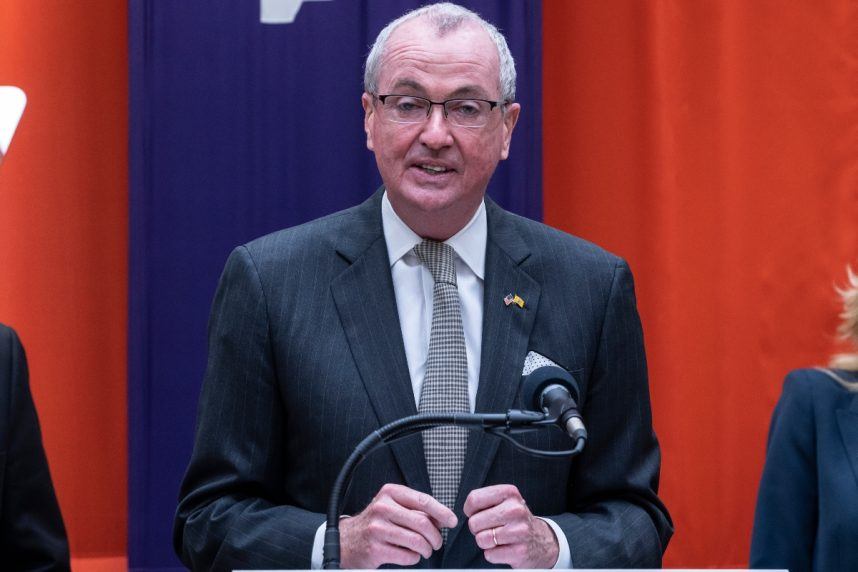New Jersey Sportsbooks Banned From Public College Partnerships, Sweeps Bill Remains
Posted on: July 10, 2025, 12:10h.
Last updated on: July 10, 2025, 12:27h.
- Public colleges and universities in New Jersey can no longer partner with sportsbooks
- NJ Gov. Phil Murphy signed the sports betting marketing ban into law on July 8
- Murphy has yet to act on online sweepstakes casino legislation
This week, New Jersey Gov. Phil Murphy (D) signed legislation that prohibits retail and online sportsbooks from entering into marketing partnerships at public institutions of higher education.

With Murphy’s signature, Assembly Bill 4113/Senate Bill 2155 forbids a public college or university from entering into a contract to align with a sportsbook like DraftKings or FanDuel to “advertise in the institution’s stadiums and other facilities.” The prohibition additionally lends to a school’s digital and broadcast sports content.
A public institution of higher education shall not participate in a sports wagering partnership,” the bill summary reads. The sports wagering ban extends to public athletic departments and booster clubs. It does not apply to private colleges and universities.
AB4113/SB2155 swiftly passed the New Jersey Legislature in a single session day. On June 30, the General Assembly backed the bill with 69-10 support. After crossing chambers in Trenton, the Senate that same day signed off on the measure 34-5.
Student Protections
New Jersey lawmakers reasoned that the sports betting partnership statute was needed after many examples of oddsmakers colluding with universities to sign up students to gamble garnered considerable negative publicity.
A 2022 incident involving PointsBet, which has since been acquired by Fanatics, involved the sportsbook paying the University of Colorado $30 for every new sports wagering account that was registered through the Buffaloes’ affiliate referral program. While the sports department, highlighted by football head coach Deion Sanders, was marketed to fans of the school, PointsBet signed up thousands of students and paid the school $30 a head for their business.
In 2019, Rutgers University, by far New Jersey’s largest public higher learning institution, struck a deal with William Hill, which today predominantly operates in the US as Caesars Sportsbook, to allow the company to advertise its sports betting operations. The pact required William Hill to help fund Scarlet Knights student-athlete scholarships.
The sports betting marketing ban, along with Rutgers, applies to Montclair State, Rowan, Kean, New Jersey Institute of Technology, Stockton, William Paterson, Thomas Edison State, The College of New Jersey, New Jersey City University, and Ramapo.
Sweeps Ban Remains
Murphy has made it illegal for public colleges and universities to affiliate with sportsbooks, but he has yet to act on another gaming bill on his desk.
In addition to the sportsbook bill, the New Jersey Legislature in late June forwarded a bill to prohibit controversial online sweepstakes casino platforms and apps from operating within the Garden State. Assembly Bill 5447/Senate Bill 4282 prohibits online websites from utilizing “dual-currency” systems where sweeps coins can be exchanged for cash or prizes from the sweepstakes operator or an affiliated company.
Sweeps casinos continue to face legal scrutiny in numerous states. Connecticut, Idaho, Montana, Nevada, and Washington are among the states that have passed laws prohibiting sweeps firms like Virtual Gaming Worlds (VGW), which is behind Chumba Casino, LuckyLand Slots, and Global Poker, from operating. Bills to join the list of banned states continue to make headway in California, New York, Arkansas, Florida, and Maryland.
Many other states have sent cease and desist letters to such platforms.
No comments yet